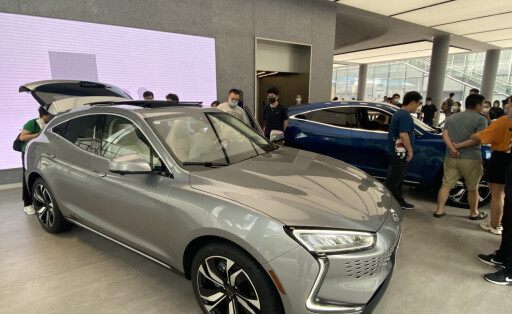In the age of digitalization, virtually nothing works without chips. By the end of 2020, global and Chinese supply chains came to a standstill. The results, such as chip shortage, continue to have global impacts. Find out all the important and latest chips and China news from the China.Table editorial team.
Car industry and technology sector: Why are Chips important in China and globally?
It is impossible to imagine our digitalized world without chips. Chips are necessary in the technology sector as well as the car industry. The world's largest manufacturer is the Taiwanese company Taiwan Semiconductor Manufacturing Company (TSMC). It is also considered the most important exporter of China's chip industry.
US, China and COVID: How did the global chip shortage come about?
The global chip shortage arose from several causes. First, the US imposed sanctions on chip exports in the trade war with China. Second, supply chains suffered from the COVID pandemic, which led to an imbalance between supply and demand.
What impact does the chip shortage have on China?
Due to the global chip shortage, the term chips is gaining increasing attention from Chinese state media. As a part of its economic concept of “dual circulation” China wants to become independent of foreign chip imports and is thus investing billions in its domestic chip industry. State-owned companies such as Semiconductor Manufacturing International Cop. (SMIC) are to enable China's technological self-sufficiency with chips in the future.
China.Table provides you with the latest news on the ongoing impact of the global chip shortage, the development of China’s chip industry, and more.


